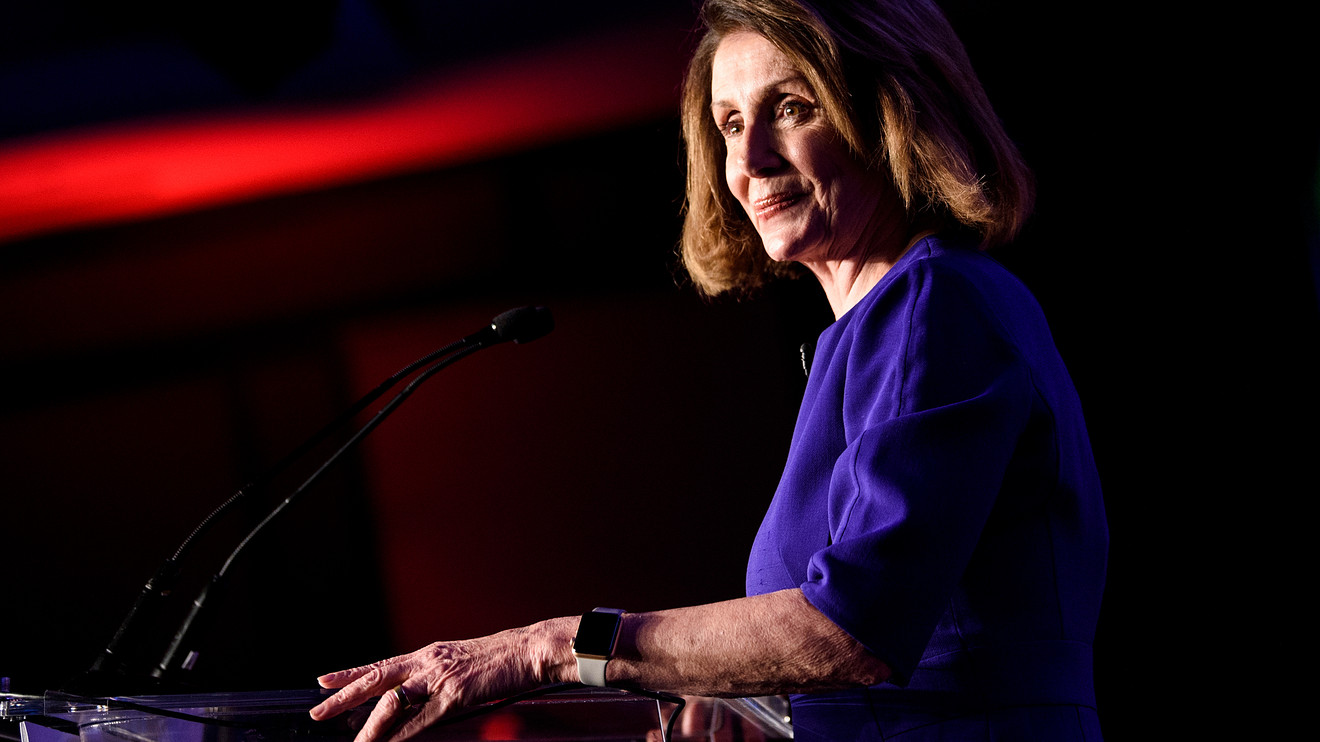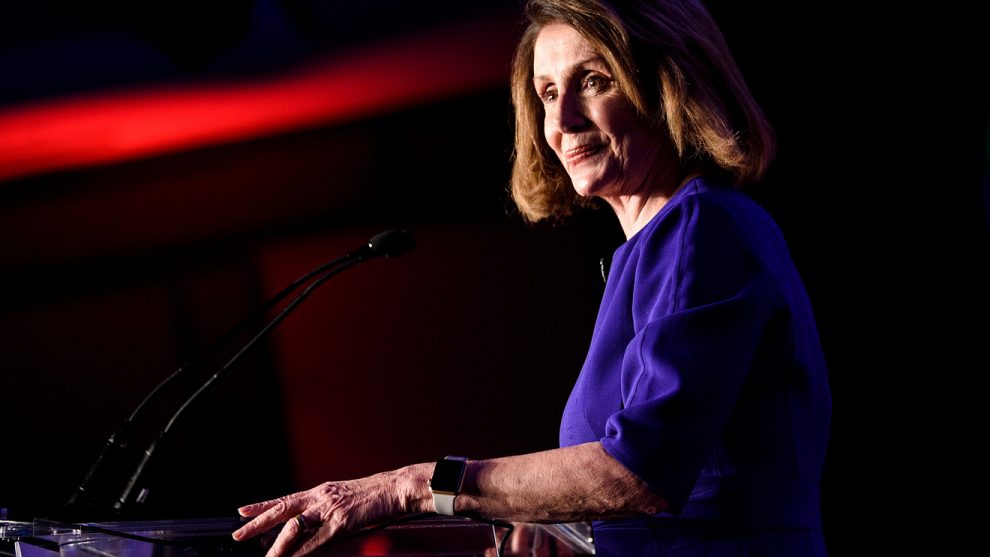
California lawmakers are doing more than putting the final touches on the nation’s most aggressive data-privacy law.
A new bill proposed late Monday by Assemblyman Marc Berman (D., Palo Alto) would ban the proliferation of so-called deepfake videos or photos 60 days before an election. The technology, which uses artificial intelligence to produce misleading images such as a recent video of House Speaker Nancy Pelosi (D., Calif.) apparently drunk, has bedeviled security experts at Facebook Inc. FB, -2.04% and alarmed public figures. The bogus Pelosi video went viral, and was viewed more than 3 million times.
Assembly Bill 730 would allow voters to sue to stop the spread of fake videos and photos, and seek damages against those who spread them. There is a caveat, however: Deceptive video, photos, and audio are permissible if they contain a prominent disclosure that the media has been doctored. The same principle applies to media outlets that disseminate false images, but note they are misleading.
“Deepfakes are a powerful and dangerous new technology that can be weaponized to sow misinformation and discord among an already hyperpartisan electorate,” Berman said in a statement. The bill was prompted in large part by efforts to stanch digital meddling in the 2020 election, according to Berman’s office.
See: Facebook executive defends company’s approach to doctored Pelosi video: ‘We have acted’
Related: Berkeley professor says doctored Pelosi video is not a sophisticated fake: ‘Anybody can do this’
The manipulation of social media for political gains is already a sore subject for Facebook Inc. FB, -2.04% whose vast platform was exploited by Russian operatives to spread false information during the 2016 presidential election. That, among several issues, has led to several legislative efforts to regulate Facebook and other tech companies that deal in personal data. Perhaps the most ambitious effort, the California Consumer Protection Act, set to take effect on Jan. 1, 2020, gives residents the right to know how their data is collected and shared, and allows them to deny companies the right to sell it.
Berman’s proposed law is the latest example of lawmakers playing catchup with ever-evolving technology, political attorney Stephen Kaufman told MarketWatch. Current state law predating social media only applies to misleading political photos, he said.
For more: Facebook decided to rethink policies on fake videos two days before Pelosi video
Facebook has made no secret of its concern about manipulated media. During a May meeting at its Menlo Park, Calif., headquarters, company officials said they have started a working group to determine whether they need to establish a specific policy on the matter. Fake media are covered under Facebook’s current policy on manipulation.
Facebook shares were down 1.4% Tuesday, but have gained 45% in 2019, while the S&P 500 SPX, -0.84% has gained 17% and the Dow Jones Industrial Average DJIA, -0.64% has gained 14%.







